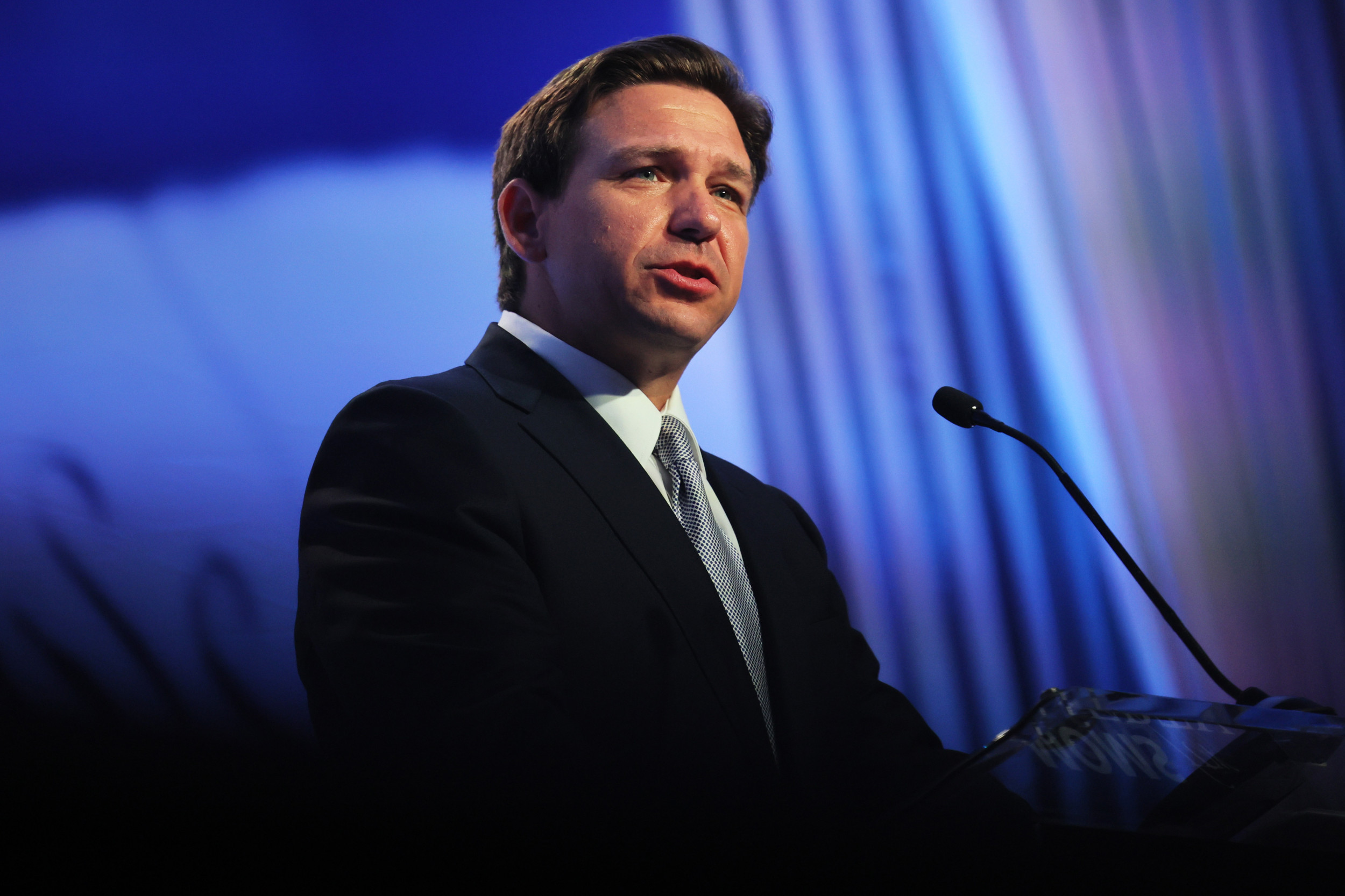In the 1950s, during the early stages of the Cold War, the Eisenhower administration created programs to train thousands of professors, analysts and policymakers in Russian language skills. Decades later, after the September 11th terrorist attacks, the United States established the National Security Language Initiative, which enhanced students' fluency in Arabic, Persian and more. In both cases, Washington understood that foreign language proficiency is critical to understanding the intentions of nation-states—a crucial factor in determining the proper mix of cooperation, containment and deterrence that enables the United State to advance its interests abroad.
As the Trump administration adjusts U.S. foreign policy to meet the challenges posed by the Chinese Communist Party's expansive ambitions and Iran-backed terrorism, we should follow the example set by our farsighted predecessors. That's why I've directed the State Department to ramp up critical-language study, beginning with Mandarin but also encompassing other critical languages such as Russian, Hindi, Arabic and Farsi.
This relatively low-cost investment can yield rich rewards. Deeper knowledge of languages—and of the peoples and nations who speak them that such knowledge brings—can illuminate otherwise unseen threats and lower the likelihood of open conflict. It can bring into focus hidden opportunities for cooperation and enhance appreciation of a nation's internal politics. Additionally, among friends, it can expand the trust and broaden the sympathies that already exist, which are crucial to an effective partnership.
Our diplomats often join the State Department speaking one or several foreign languages, and many learn more at our Foreign Service Institute before being posted to foreign assignments. Still, too few retain their language skills. Many are prevented from achieving the most advanced levels of fluency by a complex array of factors—including limited time, uncertain demand, frequent changing of posts and administrative constraints.

That's why the Trump administration is refocusing on critical-language training within our diplomatic corps, as well as for the American public. At the State Department, for instance, we're working to expand offerings in advanced Mandarin and increasing the incentives for diplomats to pursue extra years of study. These changes will simultaneously promote advanced study in other difficult-to-learn languages—by providing flexibility for additional training while ensuring diplomats aren't penalized professionally for their dedication and diligence.
Meanwhile, to provide our citizens with easier access to information on the wealth of language programs the U.S. government already offers, the State Department launched a new website this week that collects information on existing U.S. government language programs, scholarships, internships and more. I encourage all Americans to visit Languages.State.Gov and learn about language-training programs that fit their own personal interests and goals.
Once opportunities to travel and study abroad resume, we plan to increase the number of Americans studying Mandarin outside of China—as well as the study of other critical languages through the State Department and other U.S. government exchange programs.
Finally, I call on Congress to pass legislation that would create ROTC-style, college-tuition vouchers for critical-language study. I hope senators and representatives will take us up on the request and support this national imperative.
In an always dangerous world, the United States must cultivate many forms of global influence, from military might to economic strength. One often-overlooked form of influence is the vigor and finesse in foreign affairs that comes from understanding our strategic competitors, as well as friends and partners, in the languages that formed their opinions, outlooks, and plans. There's no time to waste.
Mr. Pompeo is U.S. secretary of state. The views expressed in this article are his own.
Uncommon Knowledge
Newsweek is committed to challenging conventional wisdom and finding connections in the search for common ground.
Newsweek is committed to challenging conventional wisdom and finding connections in the search for common ground.





